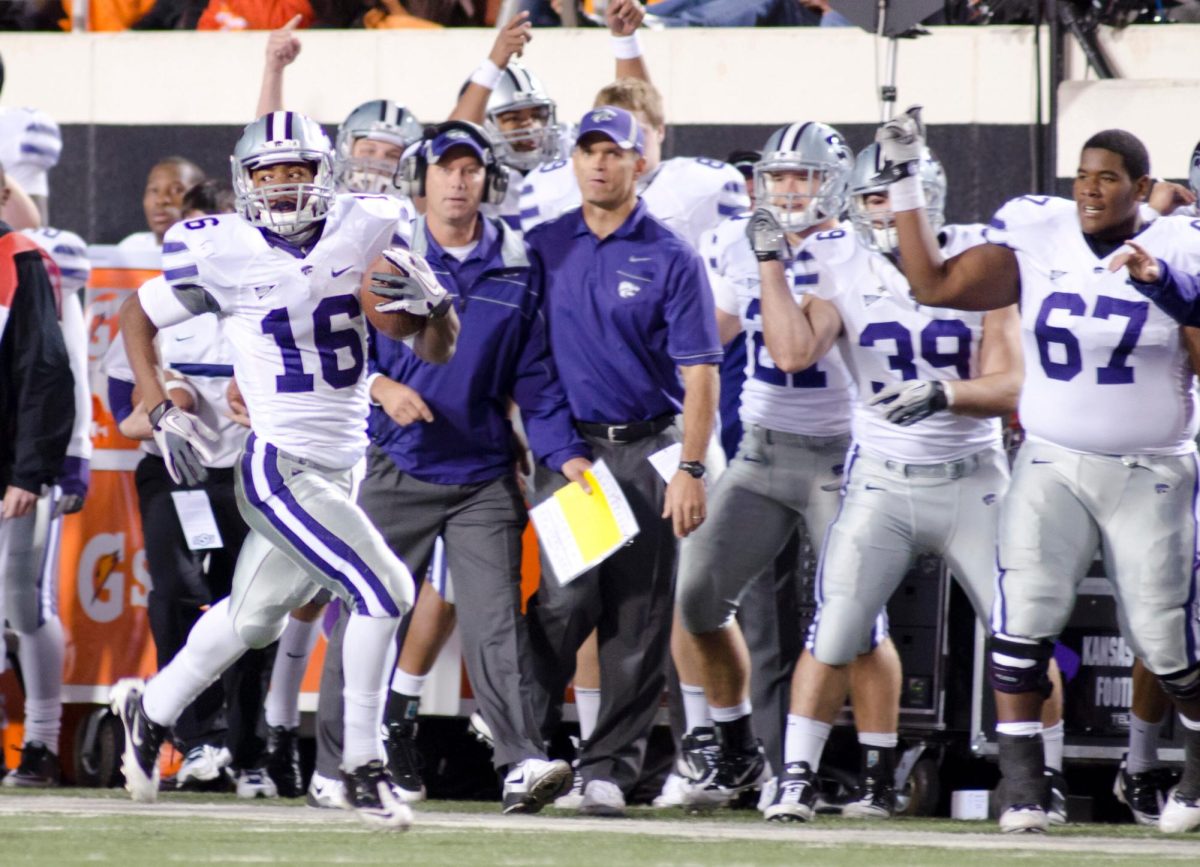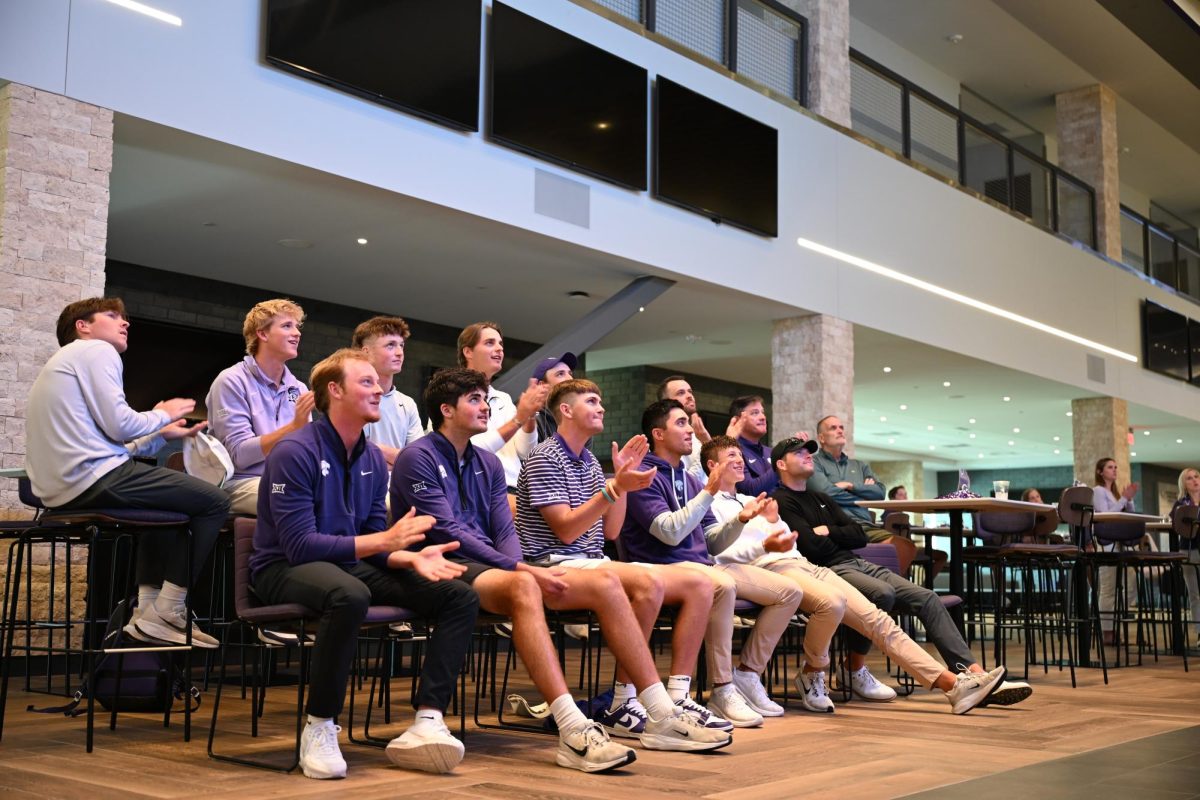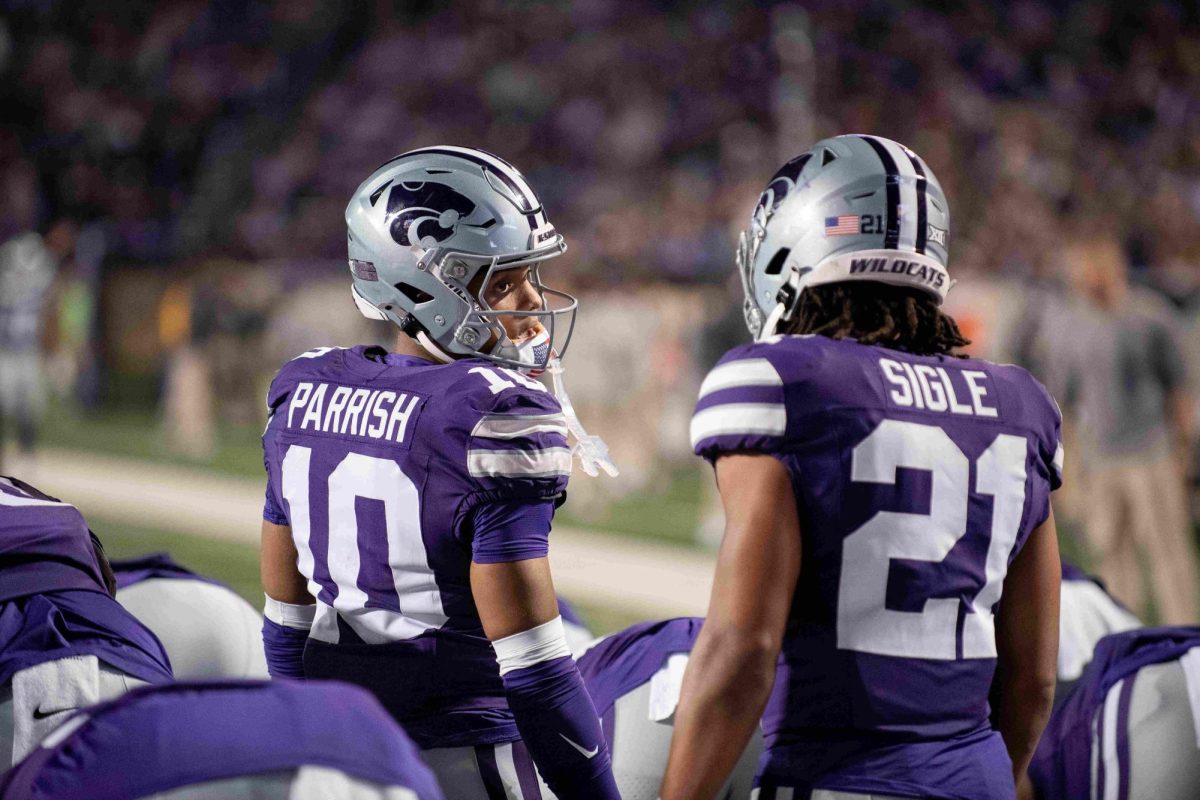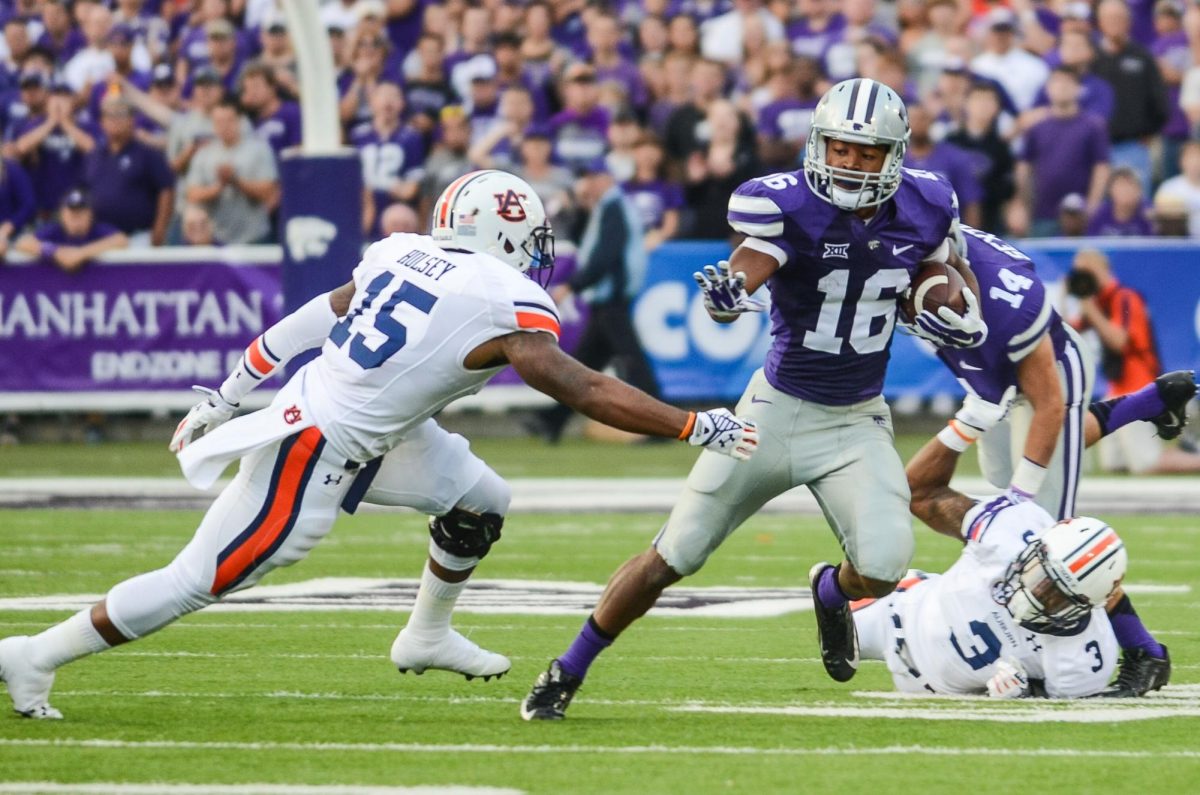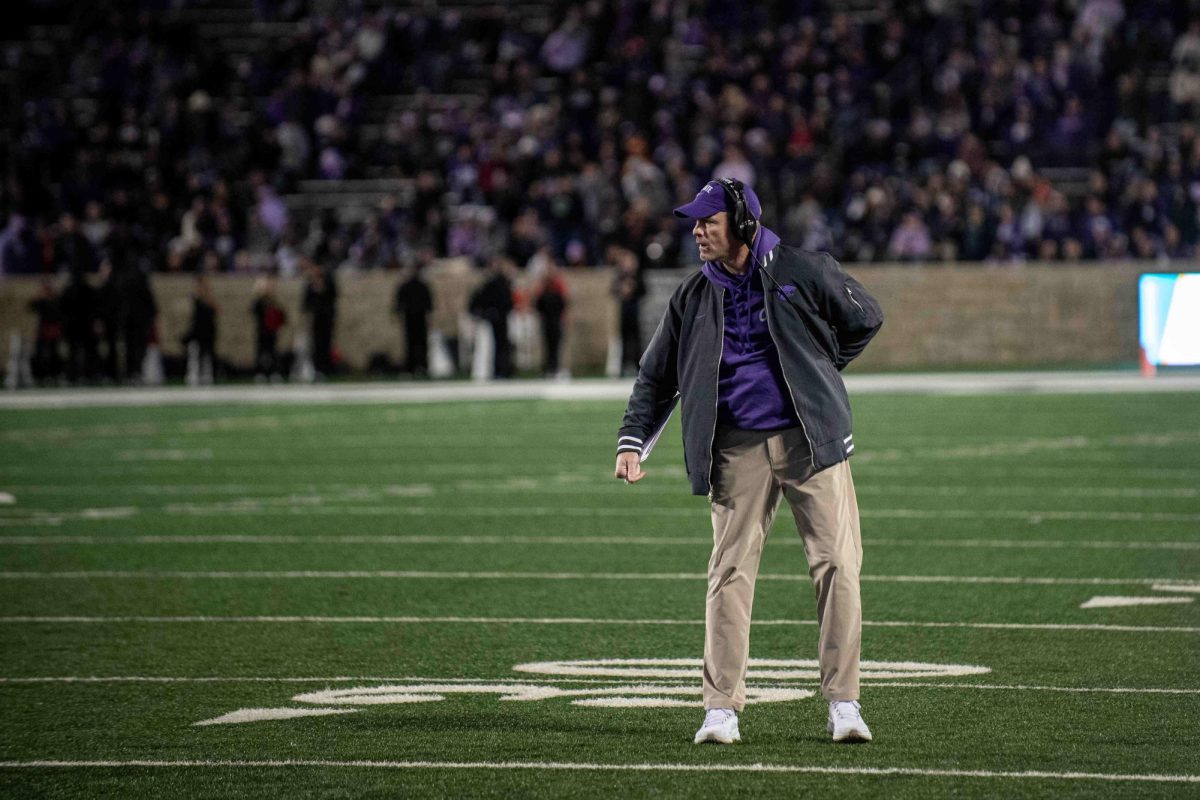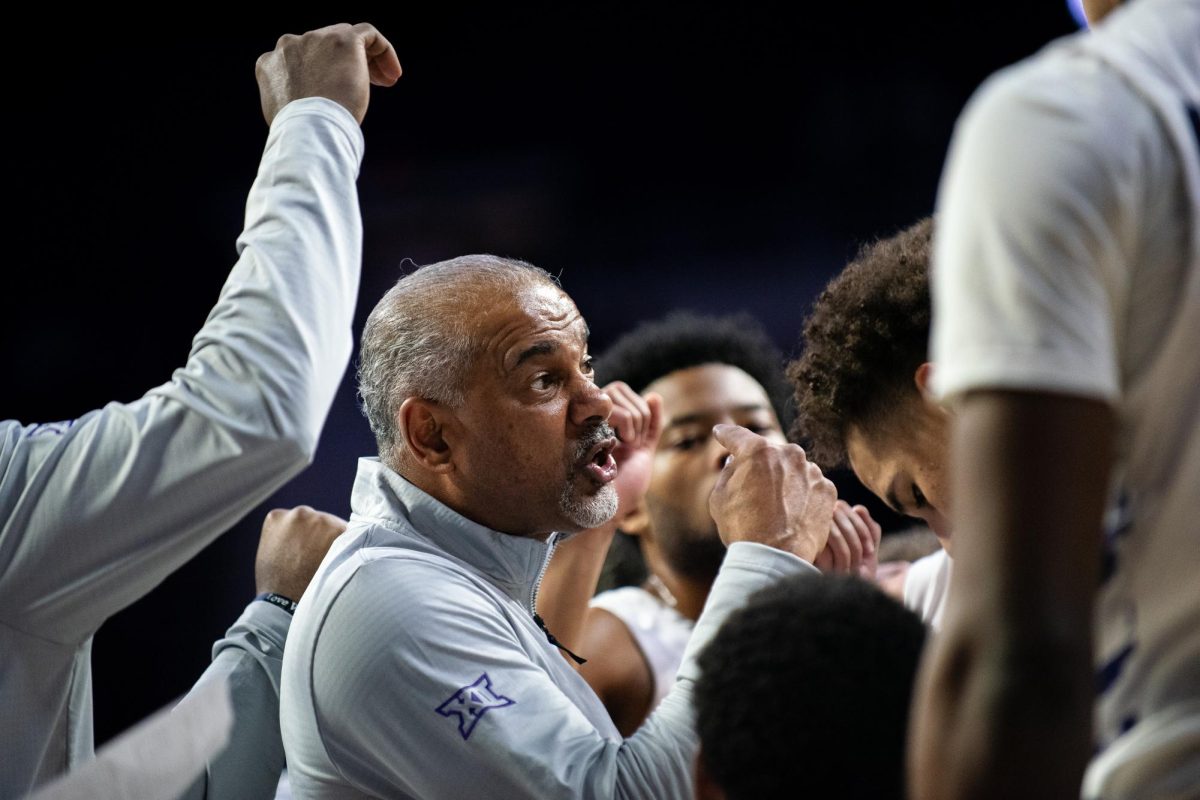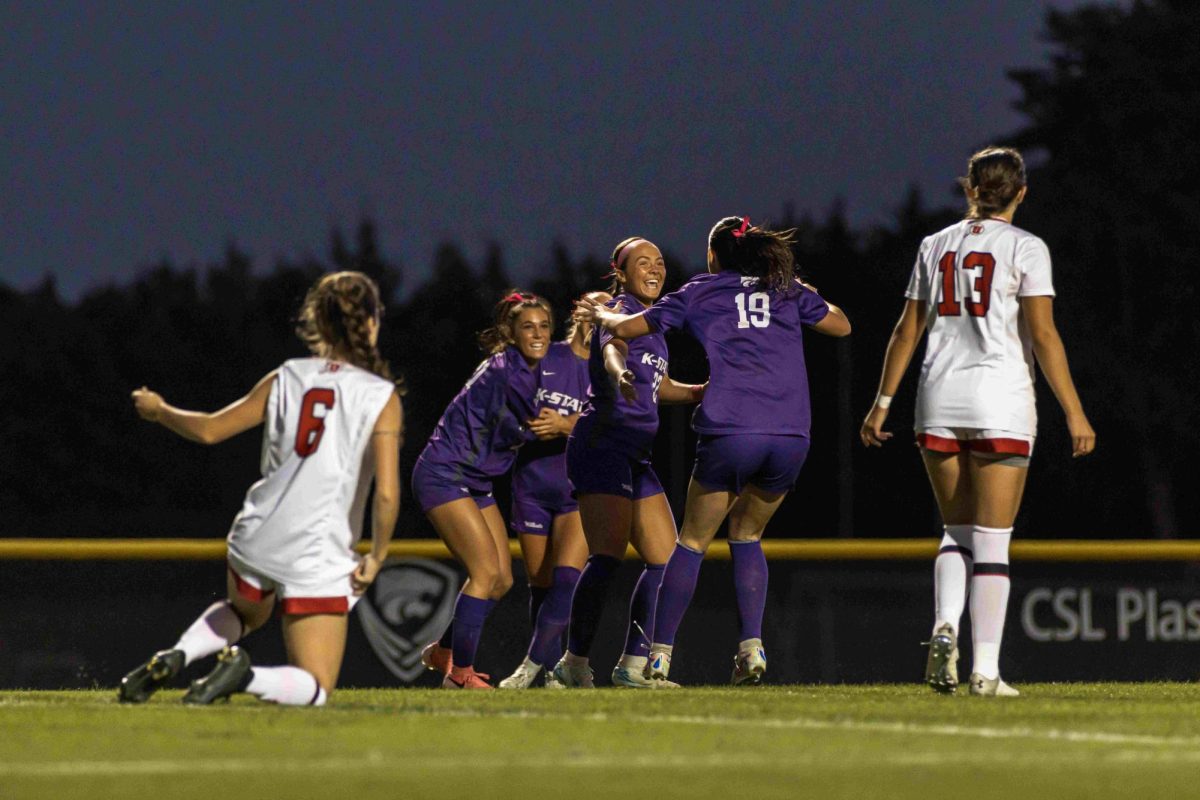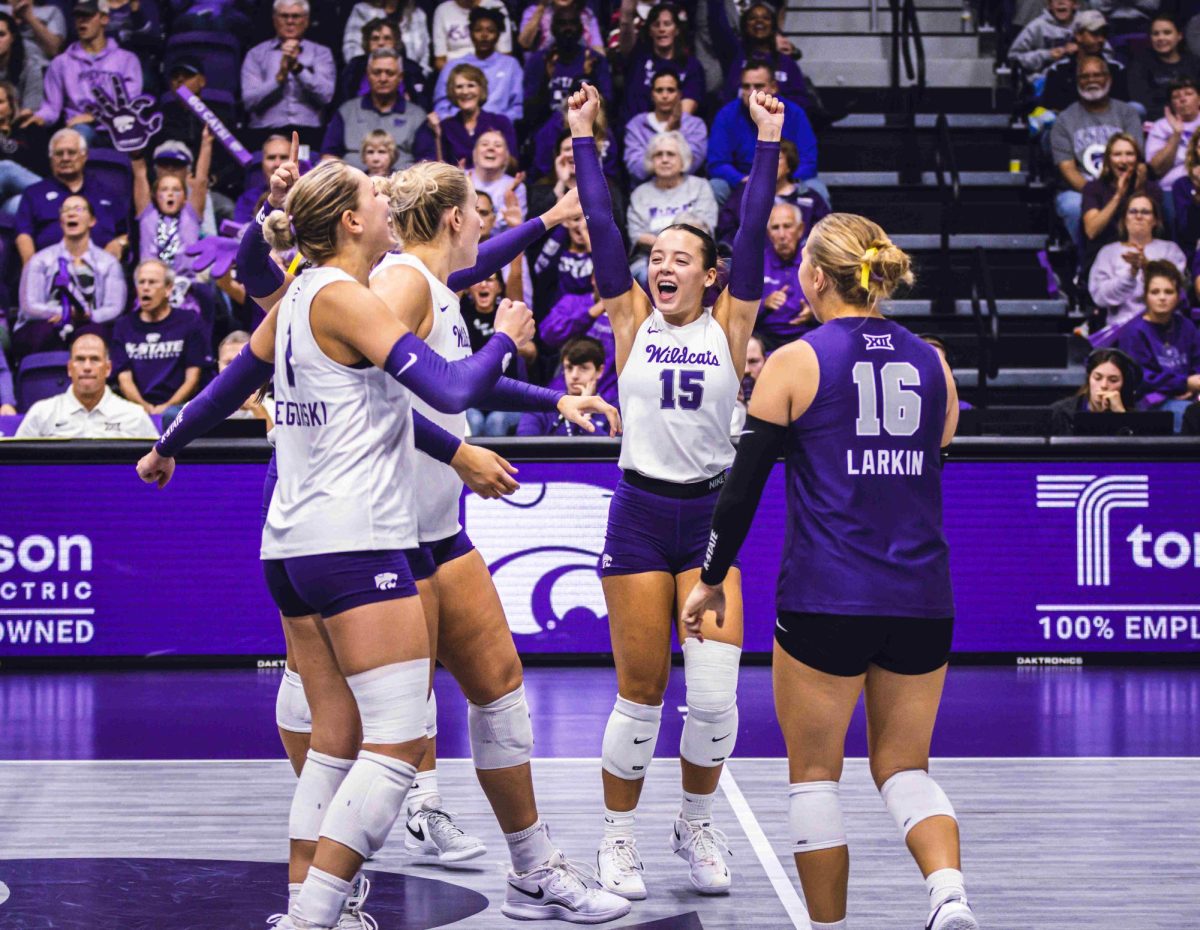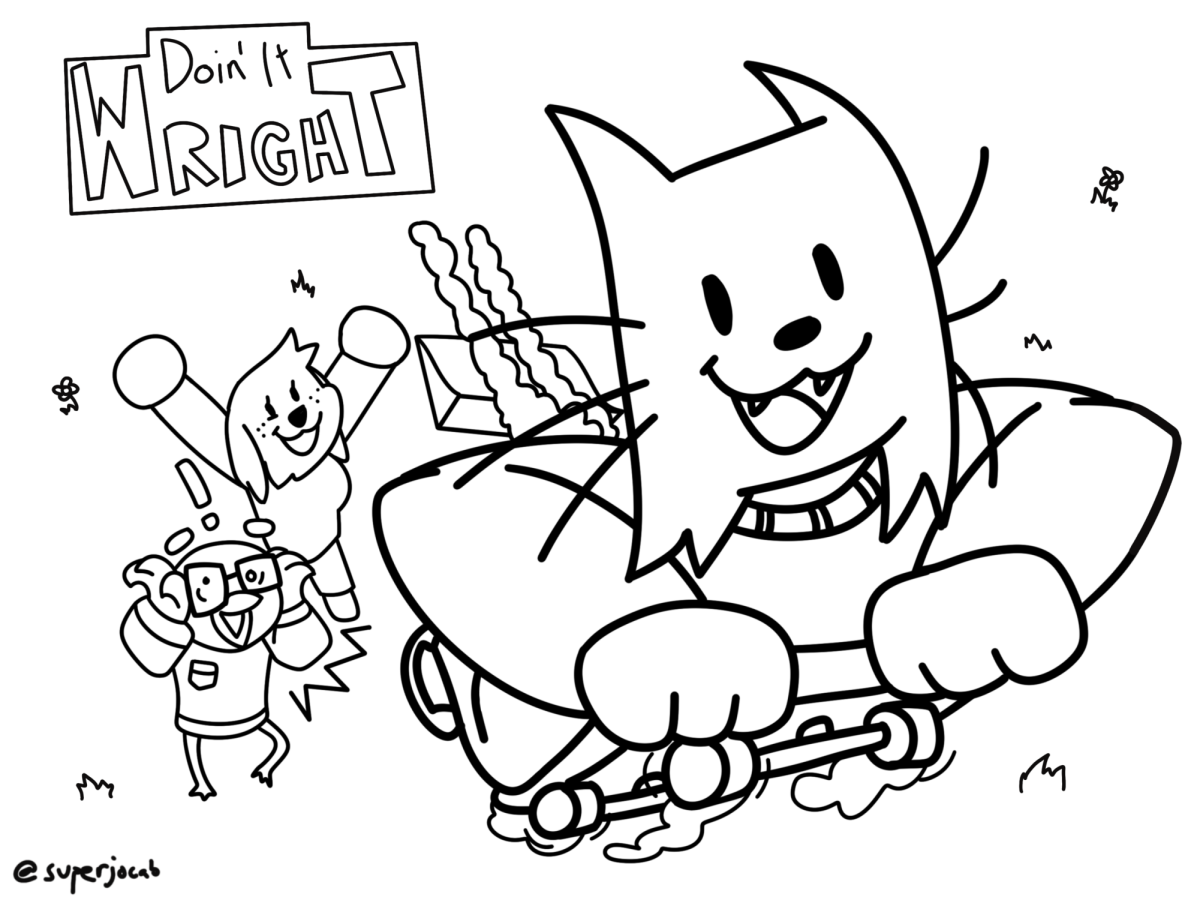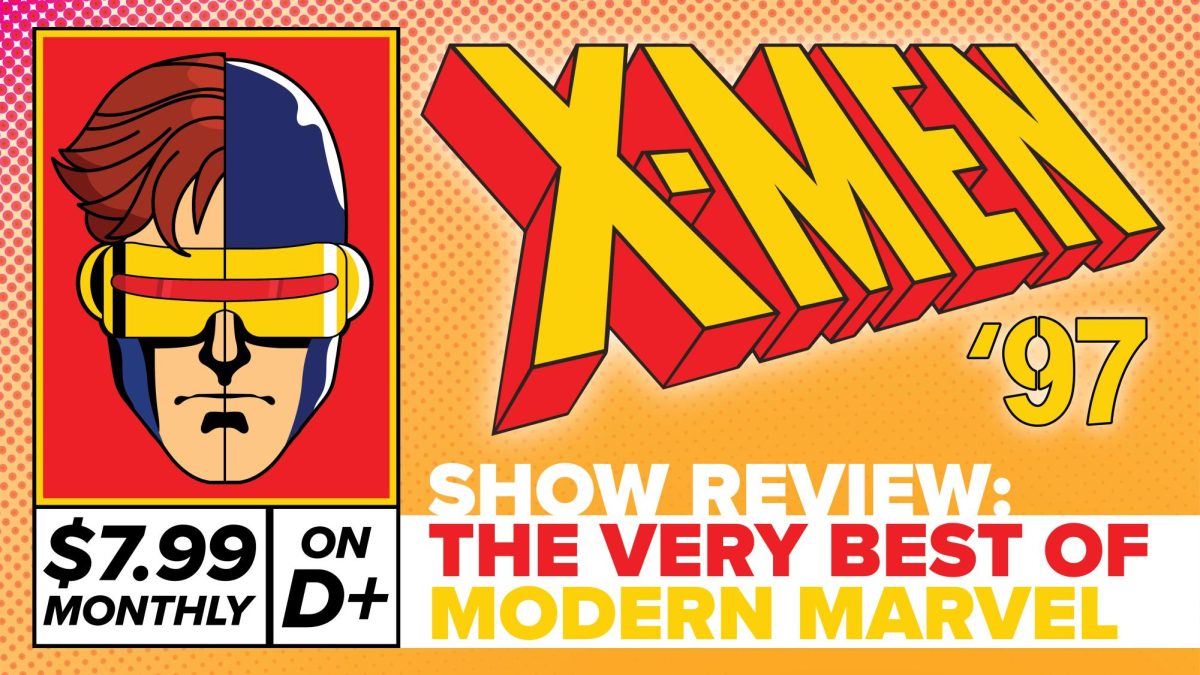“X-Men ‘97” — Marvel Studios’ continuation of the beloved “X-Men: The Animated Series” cartoon — is a surprising win in the era of heartless remakes, reboots and sequels. The series follows the classic team of mutants after the cliffhanger ending of the original series.
“X-Men ‘97” brings maturity to its content and themes, but stands out by avoiding the excessive darkness and grit of its contemporaries. The series does not abandon the fun and exaggerated action of its comic roots. Episodes are rife with team-ups and beautifully animated action. Wolverine teams up with Gambit and Nightcrawler in ways often only shown in comic panels.
The series takes notes and plot lines from throughout X-Men comic history, including after the original show’s conclusion. “X-Men ‘97” was clearly made with love for its characters and broader universe. The series takes significant risks, but remains true to its source material.
While some of the stories being adapted may have included different costumes or characters, the show masterfully transposes important X-Men events such as “Inferno,” “The Trial of Magneto,” “Lifedeath” and more to its animated universe. The series does feel cramped at times, with many stories overlapping and being oddly paced.
Some episodes feel padded and simultaneously expedited. For instance, “Lifedeath,” the mid-season two-part story, drags at times. However, the relationship between Storm and Forge is efficiently developed. “Motendo,” the brief story that shares a split episode with “Lifedeath – Part 1,” is an unnecessary detour from the season’s primary plot. This episode is the show’s low point, but is immediately followed by the definitive high point of the series: “Remember It.”
The primary plot of this season is based on the X-Men stories “Operation: Zero Tolerance” and “Fatal Attractions.” These two stories were published years apart, but expertly woven together as the three-part show finale. It is likely that the writers of the series paced the rest of the season as it is to give the finale enough time.
The voice cast is solid, including new and returning actors. Ray Chase shines as Cyclops, whose role in the series finally highlights Cyclops as a leader. The returning cast is very solid, with Lenore Zann bringing immense depth to Rogue. Ross Marquand and Matthew Waterson bring new performances to Professor X and Magneto that are frighteningly similar to their “X-Men: The Animated Series” counterparts at times. Few lines miss, and many hit harder than the original series would have allowed for.
The series score is beautiful and hard hitting. Composers Andy Grush and Taylor Stewart, better known as the Newton Brothers, transform the “X-Men: The Animated Series” theme into empowering, dark or somber tracks.
“X-Men ‘97” is more comparable to “Invincible” than to recent Marvel content, showing immense love for the source material while creating interesting stories. Recent Marvel content is on a noticeable decline, receiving worsening reviews. Comic films like “Madame Web,” “The Marvels” or “Aquaman and the Lost Kingdom” are emblematic of a growing disregard for quality in blockbuster cape flicks.
“X-Men ‘97” is a major win for Marvel Studios after a string of poorly received releases. Any pacing issues are far outweighed by the spectacular writing quality. While many viewers may initially be hooked by nostalgia, “X-Men ‘97” earns continued viewing. It is a perfect continuation of “X-Men: The Animated Series” and even serves as a jumping on point for new fans, making a point to explain necessary plot elements.
While the X-Men have yet to make their debut in the Marvel Cinematic Universe, “X-Men ‘97” is the very best of modern Marvel.
For a deep dive into “X-Men ‘97,” watch out for the next episode of Wildcat Watchlist, returning in June.


























